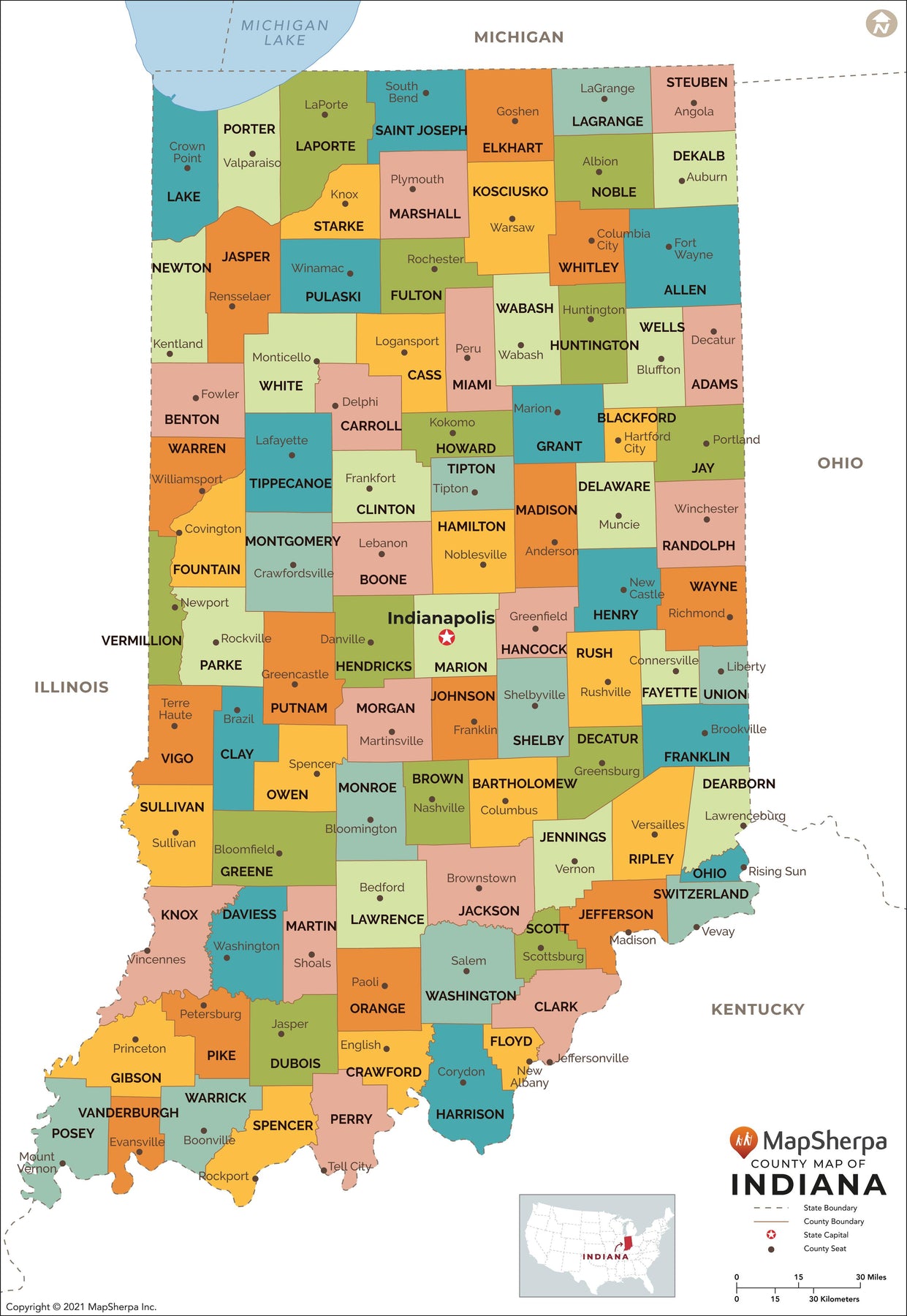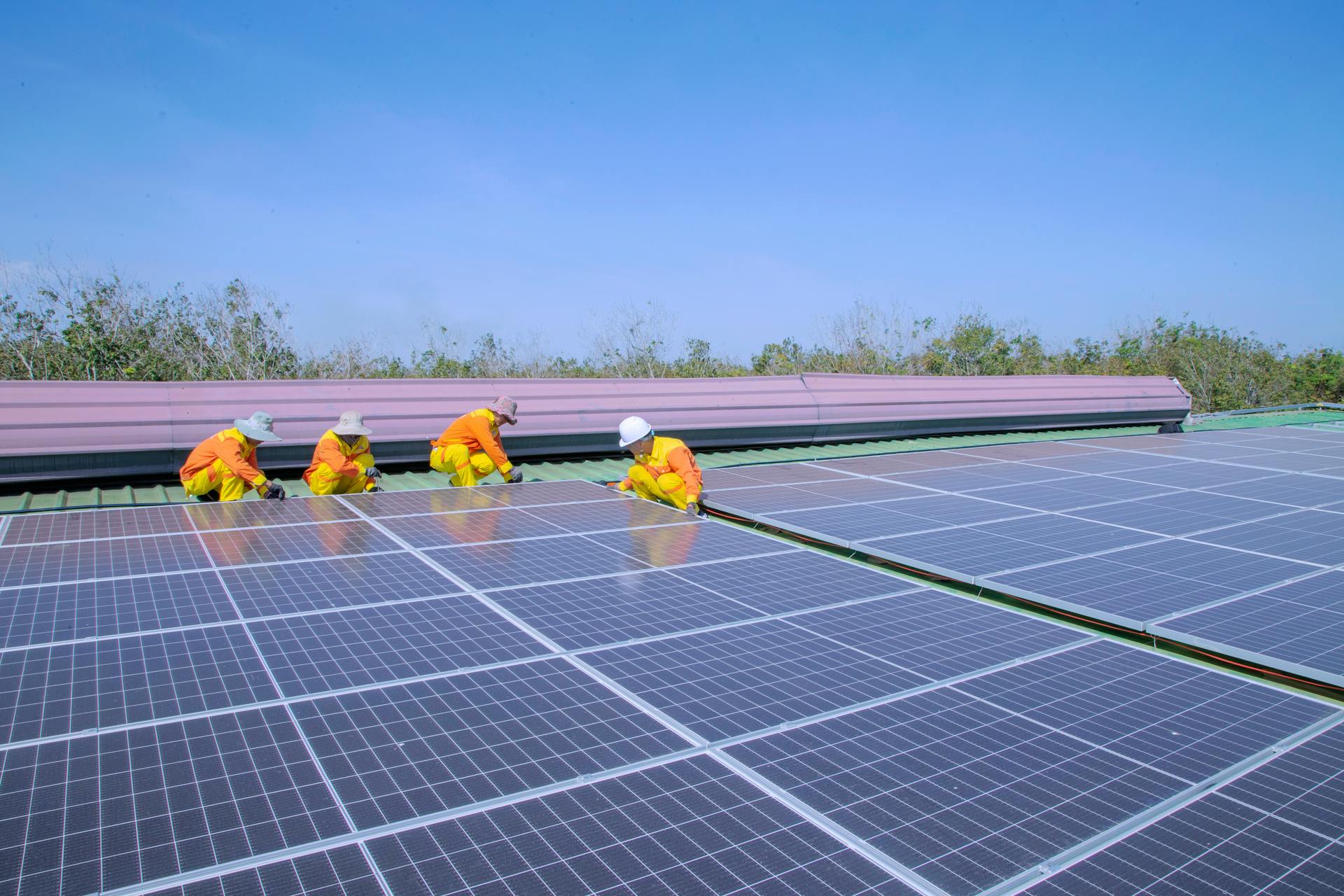Indianapolis is rapidly becoming a hub for solar energy adoption, and for good reason. Businesses in the city are discovering that investing in solar power is not only an environmentally responsible choice but also a financially savvy one. With Indiana ranking 16th nationally in solar capacity and over 3,500 MW installed—enough to power more than 428,000 homes—solar energy is proving to be a reliable and cost-effective energy source for local businesses 3. By switching to solar, companies can significantly reduce their operational costs and protect themselves from fluctuating energy prices.
The financial incentives available in Indiana make solar power an even more attractive option for businesses. The federal Investment Tax Credit (ITC) allows companies to deduct 30% of their solar installation costs from federal taxes in 2025, substantially lowering upfront expenses 7. Additionally, Indiana offers a renewable energy property tax exemption, ensuring that installing solar panels won’t increase property taxes despite boosting property value. Net metering policies also enable businesses to earn credits for excess electricity generated, further improving the return on investment 7. These programs, combined with falling solar panel prices, mean businesses can achieve payback periods as short as 7 to 10 years, followed by years of virtually free electricity.
The economic impact of solar development in Indiana extends beyond individual businesses. A recent report projects that solar projects could generate over $350 million in tax revenue during development and construction phases, and $63 million annually once operational 6. These projects are also expected to create more than 16,000 temporary construction jobs and 1,400 permanent positions in the state, strengthening the local economy. For Indianapolis businesses, investing in solar means supporting a growing clean energy sector that fosters job creation and economic resilience.
Finally, solar energy offers Indianapolis businesses long-term stability against rising energy costs. The average commercial electricity price in Indiana is about 12 cents per kWh, and with energy prices expected to increase, locking in lower energy costs through solar is a smart hedge against inflation 5. By partnering with experts like energy-r.us, businesses can design tailored solar solutions that maximize efficiency and savings. This investment not only reduces overhead but also enhances corporate sustainability profiles, attracting environmentally conscious customers and stakeholders. In today’s competitive market, solar energy is a strategic asset that delivers both financial and reputational benefits.


